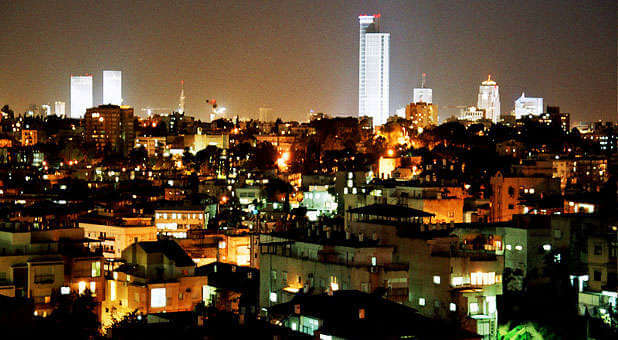Is Tel Aviv becoming more affordable? Israel’s commercial and cultural capital dropped 13 spots in ECA International’s annual Cost of Living survey, yet it still holds the title of most expensive city in the Middle East.
ECA’s annual listing compared 425 cities worldwide, and ranked them according to the costs of three categories: food (groceries, dairy products, produce, meat and fish), basic goods (alcohol and tobacco, miscellaneous goods, services) and general costs (clothing, electrical goods, motoring, restaurant meals).
Tokyo kept the top spot as the world’s most expensive city, with items like movie tickets costing an average of $22.93 and a can of soda costing $1.85. Japanese cities dominated the top five most expensive cities in 2012 with the city of Nagoya occupying the second spot, and the city of Kobe in fifth place.
In between, in fourth place, was the Angolan city of Luanda.
Tel Aviv went down from 32nd in 2011 to 45th place this year, though it remained much more expensive than other large cities in the Middle East. Dubai for example was ranked 173rd, while the Saudi Arabian city of Jeddah was named the most inexpensive in the Middle East, in 224th place.
The cost of living in the Chinese cities of Beijing and Shanghai rose considerably, in part due to the inflating Chinese yuan. Beijing rose from 35th to 22nd place, and Shanghai ranked 26th most expensive after placing at 41 last year.
European capitals were also among the most expensive cities in the world. Oslo and Stavanger in Norway were ranked Europe’s most expensive cities, at third and eighth place respectively. Paris was ranked 42nd, only three spots above Tel Aviv. The cost of living in London rose in the past year, and the city rose to 58th place from 69th last year, though again, it appears an English breakfast will still cost you less than a Tel Aviv shakshuka.














































